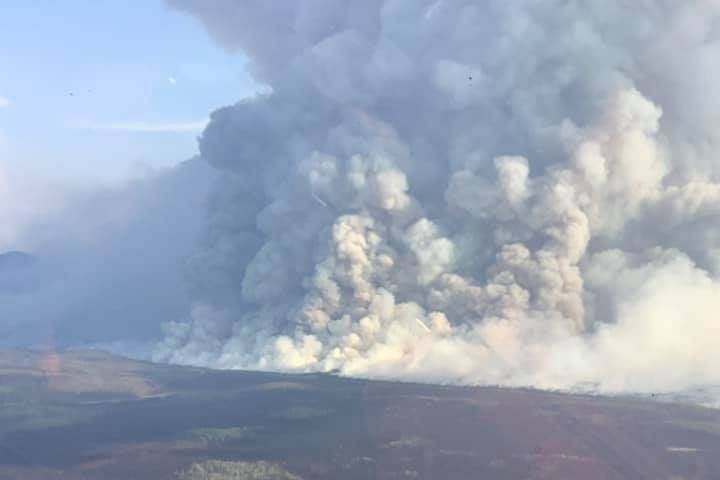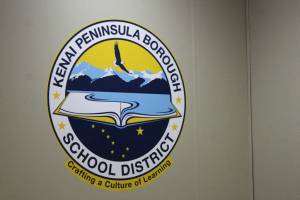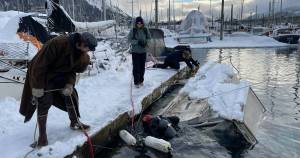Study analyzes wildfire impact on peninsula
Published 10:30 pm Friday, April 23, 2021
A study out of the University of Alaska Anchorage is seeking to shed light on how the mental health of certain Alaska communities was affected by Alaska’s 2019 wildfire season. The study was conducted by the University of Alaska Anchorage in partnership with Johns Hopkins with funding from the Bloomberg American Health Initiative.
The study sought to identify mental health and psychosocial problems and coping strategies and identify existing supports, gaps in support and opportunity for future support among some wildfire-affected communities following Alaska’s 2019 wildfire season.
The impacts of climate change, researchers said, can be seen in Alaska’s wildfire seasons, which is starting earlier in the year and ending later in the year than in years previous. Those fires are also more intense. Just over 31 million acres of land burned between 2001 and 2020, which is two and a half times as many acres as the previous two decades.
Micah Hahn, a researcher with UAA, said during a virtual webinar on Friday that those data suggest wildfires are going to be a persistent problem for Alaskans in the future.
“We can see public health and the impacts of wildfires are something that we’re going to be dealing with more and more into the future,” Hahn said.
Hahn also said that more than 80% of Alaskans live in areas that are identified as being at “high risk” for wildfires.
The study looked primarily at Anchorage and the Kenai Peninsula to draw urban and rural comparisons. The group circulated surveys among virtual communities to gather input from people in Anchorage and on the peninsula, then followed up with in-depth interviews and workshops.
The impacts of wildfires on communities, however, are not just physical. Though people may suffer from death, thermal injuries and respiratory conditions resulting from smoke exposure, analysis of wildfires on peoples’ mental health has been “neglected,” the group said.
“Understanding how wildfires affect mental health is important for understanding the overall burden of wildfires on human health and can inform public health responses to wildfire emergencies,” said Liam Manning.
166 problems related to wildfires were identified, including difficulty breathing and canceled school. Of those, 35 were related to mental health with a lack of communication about the fires being identified as the top stressor.
Existing studies of the impact wildfires have on mental health suggest they can result in higher levels of depression, anxiety, PTSD and substance abuse, but not all outcomes are negative. Something the UAA study found was that the resiliency and self-sufficiency seen in Alaskans who have experienced wildfires can be used as a force for good.
The study found that Alaskans’ exposure to wildfires was impactful, but that there are other types of natural disasters in the state that can similarly impact mental health. People in rural Alaska were found to be more difficult to get communications to than those in urban Alaska. Many participants also emphasized resilience in the context of wildfires and using a strength-based approach to wildfire response.
“It became very evident in talking with community members how important it was to take a broader view of what supports are useful for mental health and well-being in the context of wildfires,” Hahn said.
The group hopes to summarize their methods and results in a peer-reviewed publication and to finish their development of a wildfire and mental health literature review as part of their next steps.
The full webinar can be viewed on the Southcentral Wildfire Study Facebook page.
Reach reporter Ashlyn O’Hara at ashlyn.ohara@cmg-northwest2.go-vip.net/peninsulaclarion.





